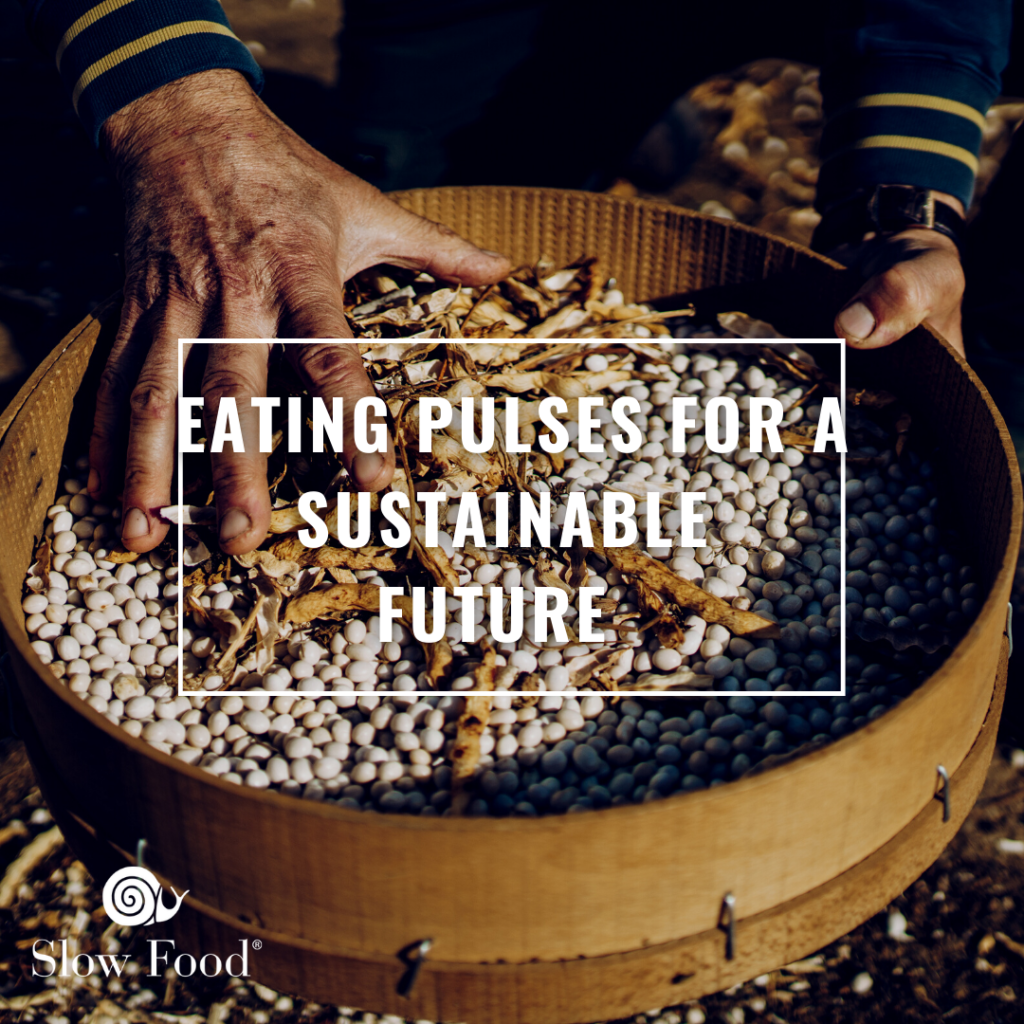by Rosalba Velletri

Do you know what comes under the general name of “pulses”?
They are the edible seeds of plants that belong to the Legume Family. They include beans, chickpeas, lentils, peas, broad beans, lupins, wattle seeds and more.
Did you know that 2016 was declared “International Year of Pulses”?
Did you know that they are celebrated around the world every year on the 10th of February?
This date was declared “world pulses day” by the General Assembly of United Nations in December 2018 and has been a global event since 2019.
This event recognizes and celebrates the importance and role that pulses play at different levels:
- They are very good for our health; they reduce the risk of developing cardiovascular disease and diabetes
- They are an important source of protein, fibre, vitamins, minerals and complex carbohydrates and have a low glycaemic index
- It is recommended that we consume 75gr of cooked legumes at least 2 -3 times a week and, if we eat them instead of meat, we should have 150 grams
- Consuming pulses and whole grains in combination (such as rice and beans) can provide adequate amounts of essential amino acids and meet our protein needs
- Pulses have a lower carbon footprint as they need little water and grow in semi-arid conditions; they fix carbon into the soil, minimize the need to use chemical fertilizers and enhance the soil microbiome. They have been studied extensively and are now being used in regenerative agriculture in Australia and around the world. When cultivated in intercropping systems they help deliver groundwater to other crops
- Pulses are crucial for global food security. They can help minimize food waste as they can be dried and stored for relatively long periods of time without losing their nutritional value and without the need for refrigeration
- Pulses are delicious and very versatile, they can be made into soups in winter and salads in summer, they can be used to make dips and “meatballs” and turned into gluten free flour.
Slow Food has been promoting pulses for more than ten years through the Slow Beans network, which includes farmers, activists, cooks and everyone who loves legumes. To celebrate World Pulses Day, Slow Food has called on its international network of cooks to add more pulses to their menus to raise awareness and reduce their impact one plate at a time. This change requires action from everyone, as well as the solid commitment of policy makers. As well as encouraging their production and consumption Slow Food also seeks to highlight and protect their immense biodiversity.
